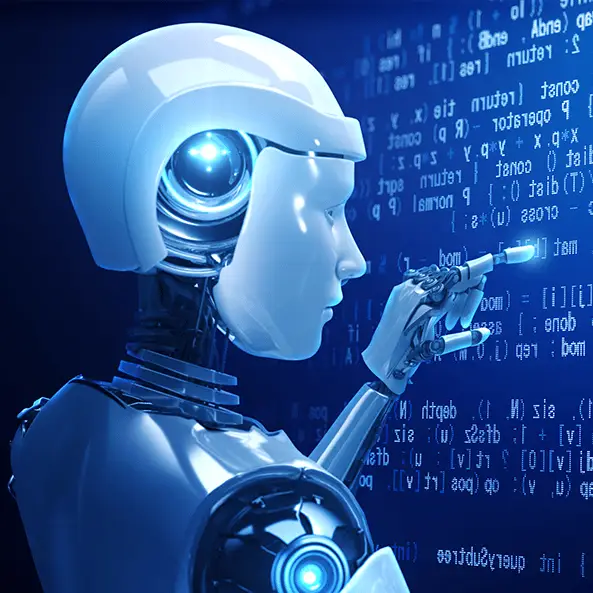
In the "worst case scenario", eight million UK jobs could be lost to artificial intelligence, according to a new report.
The Institute for Public Policy Research (IPPR), which published the research, said that this is a "sliding doors" moment, and that things could go badly without intervention.
According to the research, there will be two main waves of generative AI integration - we're already in the middle of the first, as tools become more widespread and people start to dabble in them.

Advert
The second wave will likely be more significant, though, because it will see companies redesign processes and roles around the AI tools that streamline or replace them. The IPPR argues that this could put some 59% of roles at risk if there's no intervention.
The more entry-level and part-time your role is, the more likely it is to be under threat from AI soon, and this applies disproportionately to young people and women, the study says.
If this second wave goes as badly as it could, the result could be 7.9 million job losses, with absolutely no gain in GDP.
This means that companies could save money, but that money won't actually flow into the economy or be in any way beneficial to most people.
Speaking about the whole problem, Carsten Jung, senior economist at the IPPR, said: "The question now is less whether AI can be useful, but rather how fast and in what manner employers will use it. History shows that technological transition can be a boon if well managed, or can end in disruption if left to unfold without controls."
If that sounds pessimistic, he did give some positive vibes, too: "But technology isn’t destiny and a jobs apocalypse is not inevitable – government, employers and unions have the opportunity to make crucial design decisions now that ensure we manage this new technology well. If they don’t act soon, it may be too late."

In terms of actual solutions, the main one offered up by the IPPR is that the government should set up tax incentives and subsidies to help companies train staff to use AI, rather than be replaced by it. This would be paired with regulation to ensure that some areas require human oversight, like healthcare.
In response, the government hasn't exactly been singing the praises of the IPPR's paper. A spokesperson for the Department for Science, Innovation and Technology (DSIT), said: "This research is hugely speculative. There are numerous reports which also predict AI will spark a huge creation in jobs, unlocking further growth and ramping up productivity. AI already contributes more than £3.7 billion to our economy every year and we have already invested £290 million since 2018 in skills and talent initiatives for the jobs of the future."
So, how this will all be approached by lawmakers is still very much an open question.